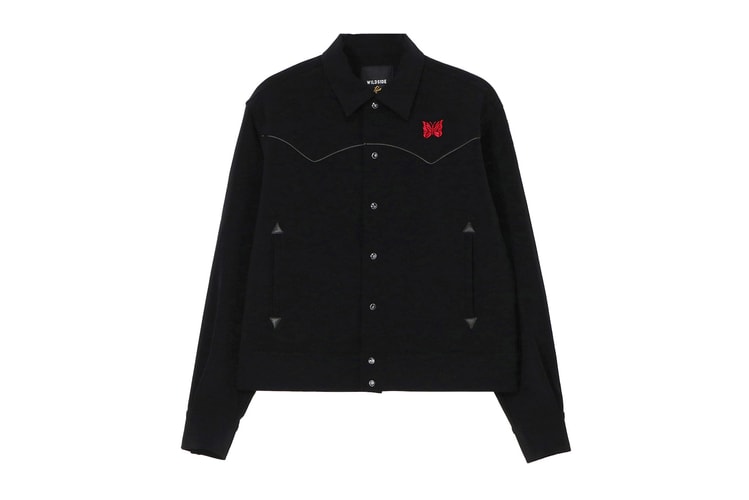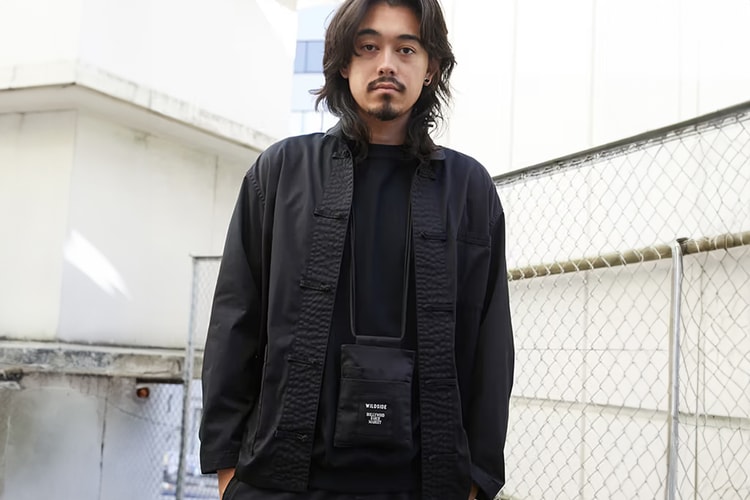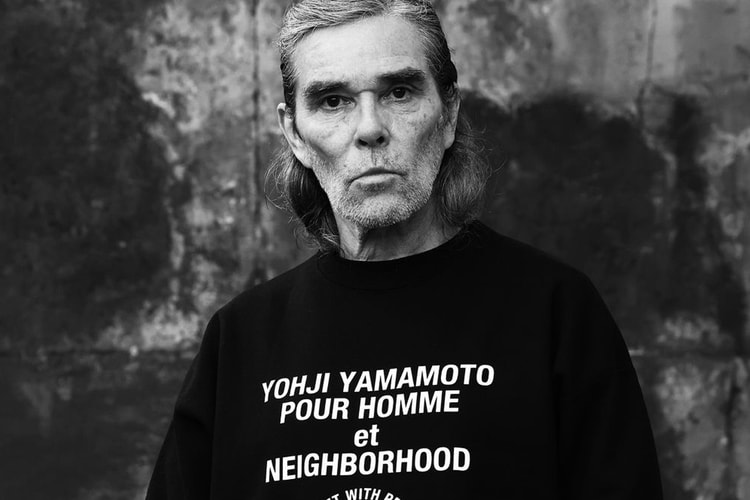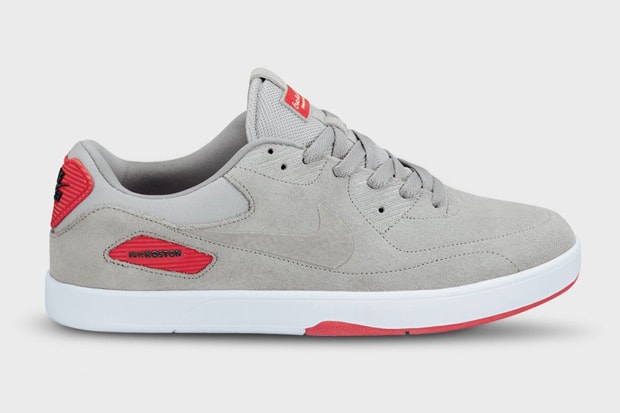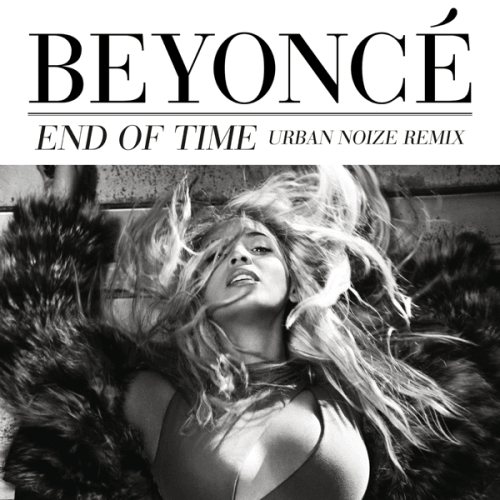Yohji Yamamoto Talks Fashion, Bankruptcy and Death
Yohji Yamamoto is one of the more intriguing and introspective designers working today. Rebellious

Yohji Yamamoto is one of the more intriguing and introspective designers working today. Rebellious and often contrary, the black-clad Yamamoto has been creating iconic collections for years — both for his eponymous label and for Y-3 — with no intention of quitting anytime soon. “My ideal feeling is that I suddenly fall down during making clothing,” the designer says. It’s a dedication to “new invention,” challenges, and “breaking” himself that keeps Yamamoto busy and going forward, though the designer recently took some time to speak with WWD on a range of topics. Touching on the current state of fashion, youth and Japan, Yamamoto — in typical fashion — doesn’t hold back and offers some of the more insightful opinions on the aforementioned subjects. Read the interview from WWD below.
After your Y-3 10th anniversary show in New York, you said that “in the world right now, fashion is s–t.” Can you elaborate on what you meant by that?
Let me talk like an old man. Young people, be careful. Beautiful things are disappearing every day. Be careful.…You don’t need to be [shopping at fast-fashion stores], especially young people. They are beautiful naturally, because they are young. So they should even wear simple jeans and a T-shirt. It’s enough. Don’t be too much fashionable.…The brand advertising is making you crazy. You don’t need to be too sexy. You are sexy enough.
How are you finding life, working as a designer under your fashion house’s new owners, Integral Corp.?
Being a designer, it became easier mentally, because the business part became very strong. So I don’t need to take care about business like before.
So you feel more freedom to just concentrate on designing?
Concentrate, yeah, for creativity.
But is Integral pressuring you in any way to be creative in a certain way that makes commercial sense for them?
I’ve got total freedom. If I feel [like I’m in a] cage, I’m a little bird in the cage, I would quit.
How far along is the company’s restructuring process at this point?
It was so quick. If I look back, I was very much concentrated to create new collections each time. It is already three years ago.
So you think the company is in a good place?
Yeah.
Are you concerned at all about Integral selling the company, possibly to someone you don’t like?
I don’t care. If I stop designing, this company loses value. It becomes nothing.
So do you think you will continue designing for many more years?
I have no idea about retiring life. Should I live in the countryside, fishing or planting vegetables, playing with dogs? I can’t imagine it. It must be so boring.
Instead you’d rather continue to think about designing?
Yes. My ideal feeling is that I suddenly fall down during making clothing.
What do you think about the current political tensions between Japan and China?
I was born as a son of war, so in my heart, the war didn’t ever finish…[when I think about Japanese aggression during the war] I go sinking in the deep darkness.…Right after the Second [World] War, [Germany acknowledged its remorse to the Jewish people]. It was an apology. So Germany did it, but Japan didn’t do anything. We lost a chance to apologize.
Do you think the situation will ever change?
I think there are two ways of dealing with each other. One way is economic collaboration. Without this collaboration, Japan and China cannot go forward. The other side is very political. When China has an interior problem, like a problem between rich people and poor people, then they’ve got a big problem, they start shouting anti-Japan. It’s very political, to calm people down.
So it’s basically being used as a distraction?
Yes. We cannot go further without each other. The relationship has become deep already.Are these problems having an impact on your business and that of other Japanese designers in China?
Not yet. For a very, very long time, China has been a [manufacturing center] for world brands, but now China has become a big market for big brands. So China has both powers.
Do you think future generations of Japanese leaders could make a more serious apology?
I don’t know. But the most clear situation in Japan is we are losing real leadership. We have no courage.…They should be more educated. At least a leader of [a country] in the modern world, they should speak English because English is the world language.
So they aren’t international enough?
No.
Going back to fashion, there really haven’t been any Japanese designers recently who have made it in a big way internationally, at least at the level of yourself, Rei Kawakubo or Issey Miyake. Why do you think that is?
In the Japanese market, department stores, they don’t give young designers space, and the specialty stores, they don’t buy young designers’ merchandise. Naturally, young designers don’t have space to sell in the world, so they cannot grow up. [Even when they get orders] they cannot get paid. They have no power to push [retailers] to pay back, so young designers have to have sort of a selling machine, a system. Sometimes I think to myself, Maybe [my company] can help young designers by using this company’s machine system, logistics and power.
Would you like to do more of that in the future, helping young designers?
Yes, I’m thinking about it.
What was different for you when you were starting out as a designer?
Japanese young designers’ creation has become like stylists’ creation. I don’t feel envy.…It’s luck of the power of creativity, because they graduate from design university, fashion university, art university. They get nourished about very academic creativity, but they don’t have creativity from here [gestures to his heart]…soulful.
And you think that is a particular issue with the Japanese designers?
No, not only Japanese. Everybody. We are losing those young people because we have too much information by media, especially [through computers]. We can see everything at the same time, so already they are spoiled too much. So when we have talk sessions with young designers or students, I tell them: “Be bright. Your eyes have become dirty.”



